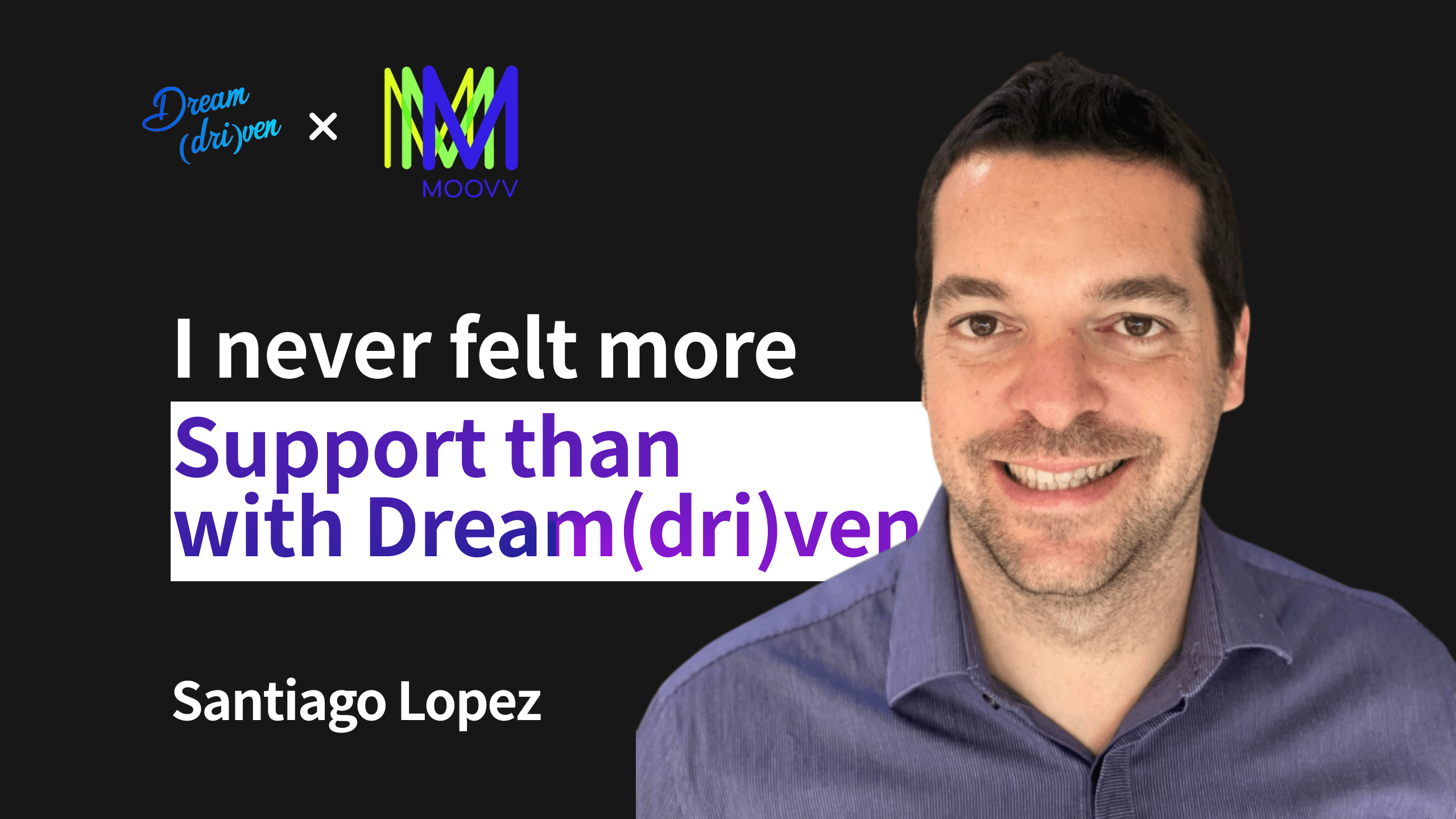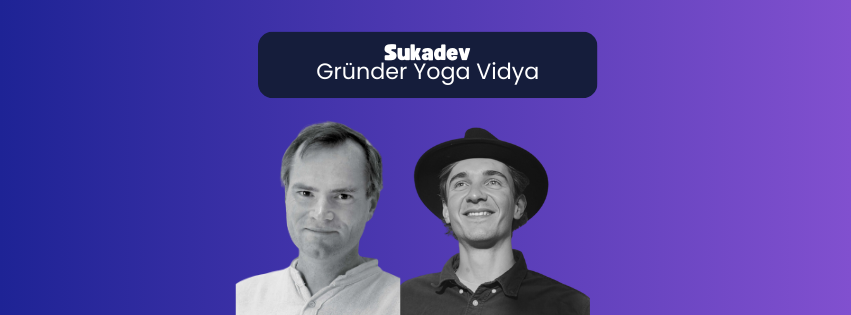Santi’s entrepreneurial journey with MOOV, a fitness marketplace startup, has been anything but ordinary. His experience encapsulates the trials and tribulations that many founders face, particularly in the early stages of building a tech-driven company. However, what makes Santi’s story stand out is his reflection on the learning process, his willingness to embrace failure, and his transition to finding what truly drives him.
The Birth of MOOV: A Fitness Marketplace During the Pandemic
Santi, along with his co-founders, envisioned MOOV as a platform that connected fitness enthusiasts with instructors offering various classes. Their goal was to create a marketplace where people could easily find, book, and pay for fitness classes that weren’t tied to traditional gyms—ideal for outdoor activities in Valencia, where they were based. The idea was born during the pandemic, when gyms were closed, and the need for alternative fitness solutions grew.
Despite the promising concept, the journey proved challenging. MOOV, which began with personal investment and a tech partner in the UK, faced setbacks from the start. Delays in the app development, complications with outsourced teams, and the inability to track progress in the tech development highlighted a critical learning point for Santi: the importance of having a co-founder with technical expertise.
The Technical Challenge: Why a Co-Founder is Key
Santi’s startup journey reveals a common pitfall many non-technical founders face—lack of technical knowledge. They poured their resources into developing the app, but neither Santi nor his co-founders had the technical experience to understand or challenge their development partners. This led to delays and misaligned expectations.
One of the most significant lessons from MOOV was the realization that in the early stages of any tech-driven startup, having a technical co-founder is indispensable. MOOV’s failure was partly due to the lack of someone who could drive the tech vision forward with the same passion as the business side of things.
Santi advises any early-stage founders to be very clear about their strengths and weaknesses, emphasizing that passion for the product is essential, but technical expertise cannot be overlooked. Without the right technical support or a reliable tech startup agency, a startup is often at the mercy of its tech partners, and the risks of delays and miscommunication are high.
Learning to Cut Losses Early: A Founder’s Reflection
Another key lesson Santi shares is knowing when to cut losses. In hindsight, he acknowledges that the team should have pivoted earlier and abandoned the project once they saw that the technology wasn’t progressing as expected. Instead, they spent three years trying to salvage the idea, even though the momentum from the pandemic had already faded. This delay not only drained resources but also led to emotional exhaustion, especially in a team dynamic where personal relationships were involved.
Santi’s advice is clear: Don’t hold on too long. If the product or project isn’t working, it’s better to move on and focus energy on something that aligns more closely with your passion and skills.
How Dreamdriven Helped MOOV: Mentorship and Industry Expertise
Despite the challenges faced by MOOV, Santi credits Dreamdriven’s mentorship as a critical support system during their journey. While other incubators focused on data and metrics, Dreamdriven emphasized the emotional and motivational support founders need in the tough times. This support wasn’t just about business growth, but also about keeping the entrepreneurial spirit alive when things were tough.
Dreamdriven’s focus on founder well-being and entrepreneurship support helped Santi and his co-founders stay grounded and motivated, even when the journey was unclear. The mentorship they received was about practical advice, real-world insights, and helping them think through what was next for their startup.
Technical Knowledge is Key to Early-Stage Ventures
Looking back, Santi understands the importance of having the right technical team from day one. Founders who are just starting out must have at least a basic understanding of technology, or they need to partner with someone who has that expertise. This was something Santi missed in the early stages, and now, with his experience, he knows that building a scalable startup requires a solid tech foundation.
Through his experience, Santi learned that the technical side of a startup isn’t just about the product; it’s about building a scalable MVP that works. It’s about having a team that shares the same vision and is fully committed to the company’s mission from the very start.
The Future: Shifting Focus and Growing from Experience
After MOOV, Santi made the decision to pivot and focus on his true passion—fitness and gym ownership. He realized that the tech startup world wasn’t where his energy and expertise truly lay. Today, Santi is working on expanding his gym business in Valencia, and he encourages fellow founders to find what they love and pursue that with full commitment.
His journey illustrates the importance of self-awareness for any founder. In the startup world, it’s crucial to know what you are good at and where you need help, whether that’s with technical support, funding, or even finding the right co-founder.
What Entrepreneurs Can Learn from Santi’s Journey
- Find the right co-founder: A technical co-founder is often the missing piece in many non-technical teams. Without technical expertise, startups may struggle to bring their vision to life.
- Validate your startup idea early: Don’t wait too long to test your idea. Validate it with real customers, and adjust the business model based on their feedback. This will save time and resources.
- Seek mentorship and support: Having the right startup mentorship can make all the difference. Dreamdriven’s early-stage venture builder model focuses on both business and emotional support, helping founders navigate the ups and downs of startup life.
- Know when to cut losses: It’s easy to get emotionally attached to a project. However, it’s important to recognize when something isn’t working and move on to new opportunities.
- Get the right technical support: Whether through a tech for equity agency or bringing a tech startup co-founder onboard, having technical expertise early on is essential for building a scalable startup.
Santi’s experience highlights the importance of co-founder matchmaking, early-stage investment, and finding the right support to bring a tech-driven startup idea to life. By recognizing the gaps in his skill set and shifting focus, Santi found success and fulfillment in a different venture. Entrepreneurs should remember that it’s okay to pivot, and the key to success is adaptability, knowing when to change direction and pursue new opportunities.
If you are at the beginning of your startup journey and need support in building a scalable startup or validating your startup business model, programs like Dreamdriven offer the guidance, mentorship, and connections you need to succeed. Whether you’re looking to build an MVP, get angel investment, or find technical co-founders, Dreamdriven can help you find your path to success.



